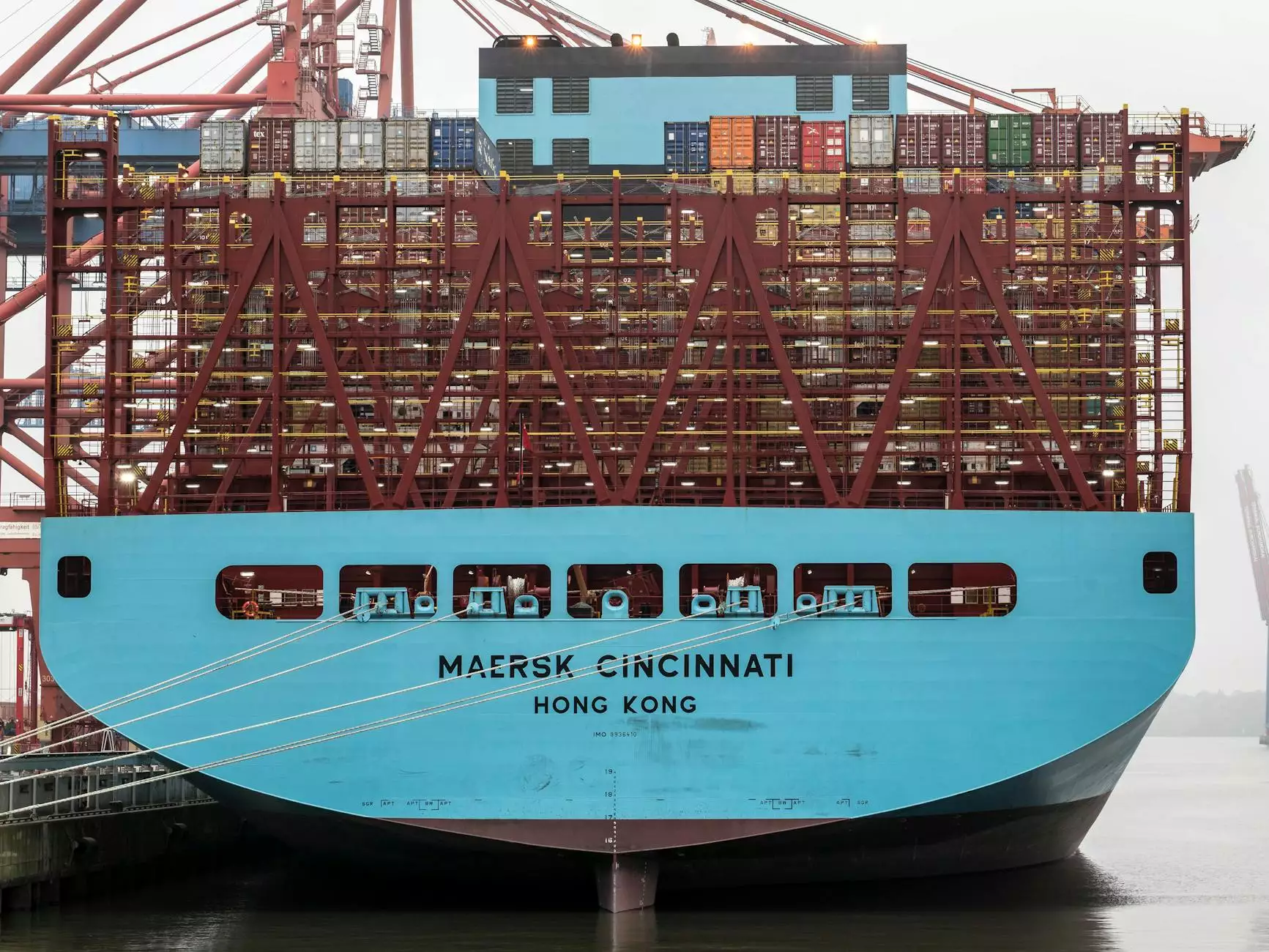Cargo Booking: Streamlining Your Transportation Needs

Understanding the Importance of Efficient Cargo Transport
The realm of cargo transport is a crucial element of global trade. Companies rely on efficient logistics solutions to ensure that their products reach customers swiftly and safely. With the increasing demand for fast and reliable services, innovative solutions like https://cargobooking.aero/ emerge as essential partners in facilitating shipping needs.
What is Cargo Booking?
Cargo booking refers to the process of reserving cargo space for shipping goods. This encompasses various transport modes, including air, sea, and land. Platforms like https://cargobooking.aero/ streamline this process, making it easier for businesses to manage their logistics effectively.
Key Features of Cargo Booking Platforms
Modern cargo booking platforms offer a plethora of features designed to enhance the shipping experience. Here are some key functionalities that businesses should look for:
- User-Friendly Interface: A simple and intuitive interface is essential for quick bookings.
- Real-Time Tracking: The ability to track shipments in real-time enhances transparency and allows companies to monitor their cargo’s location.
- Cost Transparency: Clear cost breakdowns help businesses budget their shipping expenses effectively.
- Integrated Systems: Compatibility with other logistics systems makes the supply chain process smoother.
The Role of Shipping Centers in Cargo Transport
Shipping centers play a pivotal role in the cargo transport industry. They act as hubs where goods are consolidated, sorted, and dispatched. These centers ensure that products are delivered efficiently and timely.
Functionality of Shipping Centers
Here are some of the primary functions of shipping centers:
- Consolidation: Shipping centers gather goods from various sources for bulk shipping.
- Sorting and Categorization: Items are categorized based on their destination and urgency, ensuring optimized shipping routes.
- Customs Clearance: These centers facilitate the necessary customs documentation and regulatory compliance.
- Storage Solutions: Many shipping centers offer temporary storage options for goods awaiting transport.
Transportation Methods: Choosing the Right Option
When it comes to transportation, businesses have several options to consider. The choice of method can greatly impact shipping times, costs, and overall efficiency. Here’s a breakdown of the most popular modes:
Air Freight
Air freight is the fastest option available, making it ideal for time-sensitive shipments. However, it’s often more expensive compared to other methods. Air freight is commonly used for:
- Perishable goods that need quick delivery.
- High-value items like electronics and jewelry.
- Urgent medical supplies and equipment.
Sea Freight
Sea freight is a cost-effective option for shipping large quantities of goods. It’s suitable for bulky items that are not time-sensitive. Key considerations include:
- Lower shipping costs.
- Environmental impact compared to air freight.
- Longer transit times, which should be factored into logistics planning.
Road and Rail Transport
These two modes are ideal for inter-city and regional distribution. They offer flexibility and cost-effectiveness, making them popular choices for various industries.
Airports: The Lifeblood of Cargo Movement
Airports are critical infrastructure for air freight and play a significant role in the global supply chain. The efficiency of cargo operations at airports can determine the effectiveness of a shipping program.
Key Components of Airport Cargo Operations
Cargo operations at airports involve several key components:
- Freight Forwarders: Businesses that manage the logistics and documentation necessary for air transport.
- Customs Brokers: Specialists who handle the customs clearance process for international shipments.
- Ground Handling Agents: These agents manage the physical loading and unloading of cargo.
- Warehousing Facilities: Airports often have dedicated spaces for storing cargo before onward transport.
The Future of Cargo Booking
The cargo transport industry is poised for transformation, driven by advancements in technology. Innovations such as artificial intelligence, blockchain, and automation are expected to revolutionize the way cargo is managed. Here’s what to expect:
Technological Innovations
The future of cargo booking will likely see:
- Greater Automation: Automating routine tasks will reduce errors and increase the speed of operations.
- Blockchain Technology: Enhanced security and transparency through decentralized records of transactions.
- AI-Powered Analytics: Data-driven insights to optimize routes, minimize costs, and improve delivery times.
Conclusion
In summary, efficient cargo transport is crucial for businesses looking to thrive in today’s competitive environment. Platforms like https://cargobooking.aero/ provide innovative solutions that simplify the logistics process. By understanding the dynamics of shipping centers, transportation methods, and the role of airports, businesses can make informed decisions to enhance their supply chain operations.
The evolution of technology will continue to shape the landscape of cargo transport, and staying ahead of these trends is paramount. Engaging with trusted partners and utilizing cutting-edge booking systems will empower businesses to meet their shipping needs effectively.









